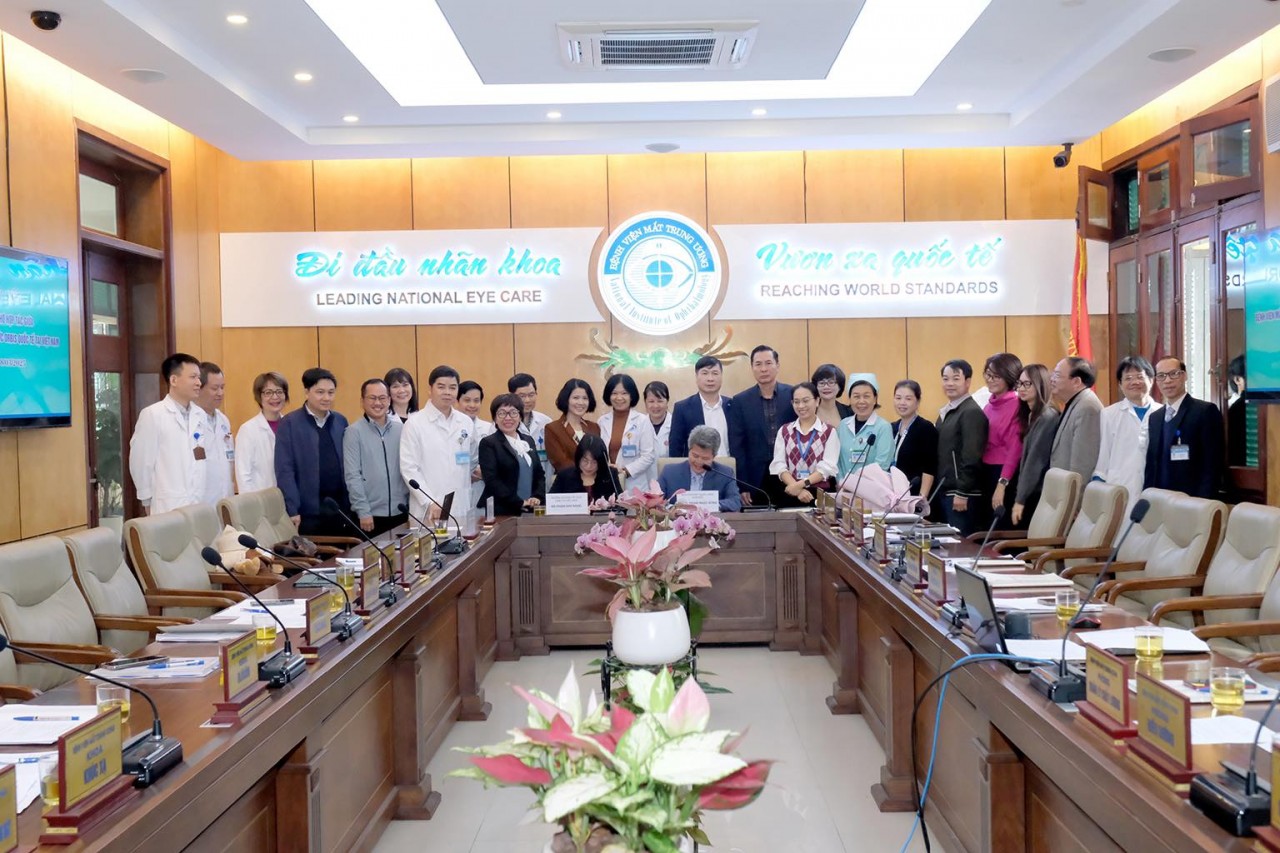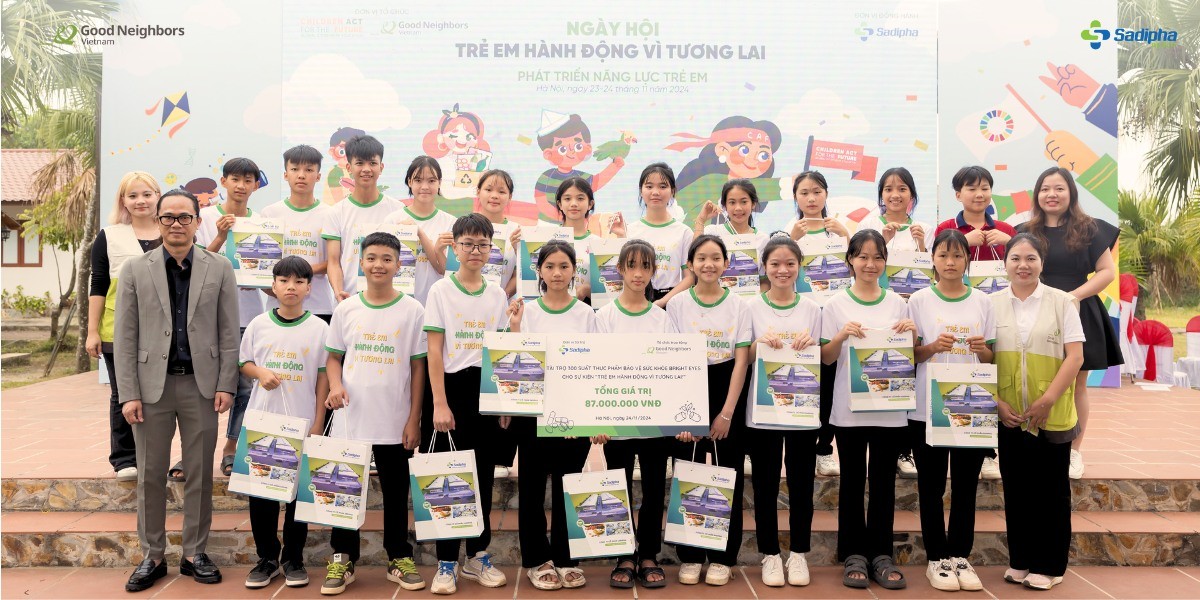Vietnam's Strong Potential in Developing and Innovating Veterinary Vaccines
| Vietnam - Brazil Business Forum: Promote Cooperation Commensurate With Potential | |
| Vietnam and Dominican Republic: Abundant Potential for Trade Cooperation |
Vietnam takes initiative in research and production of animal vaccines
Speaking at the forum on the latest advances in veterinary vaccines in Vietnam, Le Toan Thang, head of the Veterinary Drug and Vaccine Management Division (Department of Animal Health), revealed that Vietnam currently has 92 veterinary drug manufacturing facilities meeting GMP-WHO standards.
Among these, 12 facilities specialize in producing veterinary vaccines, with investments ranging from US$30–40 million per plant. The Department of Animal Health’s laboratories are certified for biosafety level II or higher, including two biosafety level III laboratories. Across the veterinary sector, there are seven biosafety level III laboratories in total.
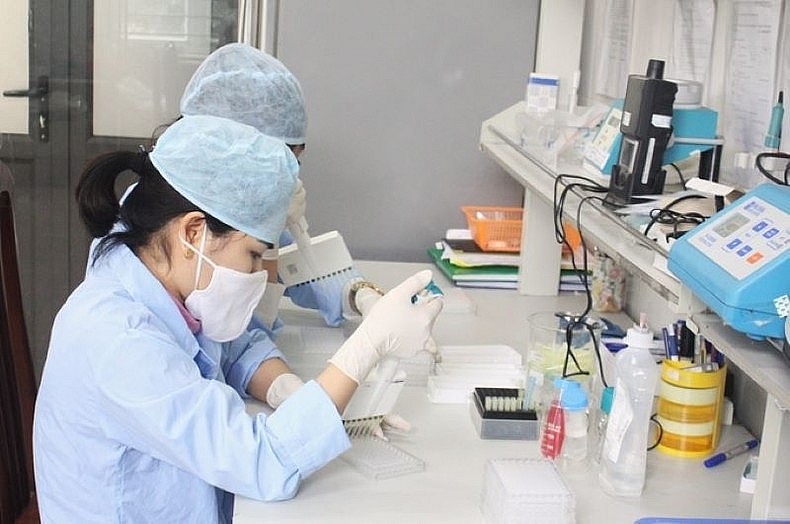 |
| In 2024, 714 vaccine samples were tested, and 100% of the tested samples met the requirements for quality, safety, and efficacy. |
According to Thang, Vietnam’s veterinary vaccine research and production units continuously strengthen international cooperation and technology transfer with leading countries such as the US, EU, Japan, Australia, South Korea, China, and across the Americas, leveraging cutting-edge technologies.
Currently, the country has 12 enterprises producing veterinary vaccines that meet GMP-WHO standards, with a total of 218 domestically produced vaccines and 340 imported vaccines. These products adequately meet the demand for disease prevention in livestock and poultry nationwide.
Vietnam producted and imported key vaccines in 2024, including 739 million doses of avian influenza vaccine, over 46 million doses of foot-and-mouth disease vaccine, more than 5 million doses of rabies vaccine, and over 34 million doses of porcine reproductive and respiratory syndrome (PRRS) vaccine (3.5 million domestically produced doses and 31 million imported doses). For lumpy skin disease, nearly 2 million doses have been produced. Notably, for African swine fever, enterprises have so far manufactured and supplied 5.9 million doses to the market.
Strengthening cooperation in disease control
Nguyen Van Long, director of the Department of Animal Health (Ministry of Agriculture and Rural Development), noted that African swine fever and diseases affecting cattle and buffalo are largely under control. However, diseases among livestock, poultry, and wildlife continue to rise daily.
"Vietnam's long borders and increasing trade and travel activities with neighboring countries facilitate the rapid spread of emerging diseases, including new strains of avian influenza, African swine fever, and lumpy skin disease," Long stated.
Updating on the disease situation and vaccination efforts, Long reported that there were 16 outbreaks of avian influenza this year, a 30% decrease compared to the previous year. Despite this progress, vaccination efforts remain challenging and below target.
Regarding rabies, Vietnam has recorded 887 deaths from the disease over the past decade. In the first three months of this year alone, 27 people died from rabies, and 100,000 individuals required post-exposure prophylaxis after dog bites. In 2023, the economic losses from rabies amounted to nearly VND 1 trillion. The main causes include poor dog population management and difficulties in rabies control. The current rabies vaccination coverage is only 60%.
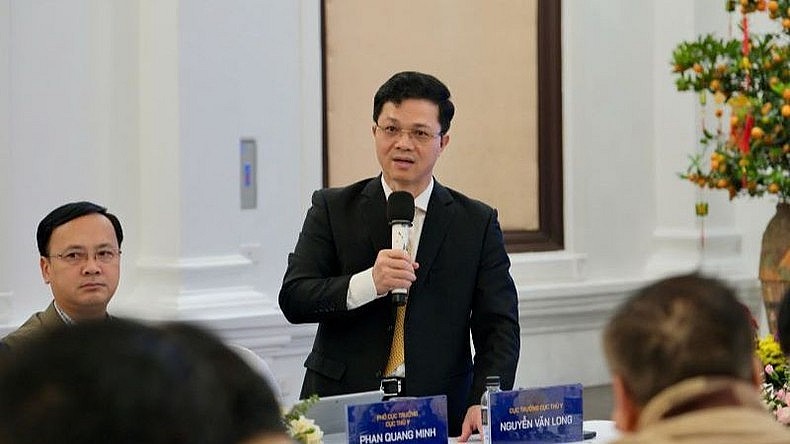 |
| Nguyen Van Long, director of the Department of Animal Health (Ministry of Agriculture and Rural Development) shared at the forum |
The rapid development of vaccine technology worldwide has created opportunities for Vietnam to learn and cooperate. The Director of the Department of Animal Health stated that there has been significant progress in scientific and technological cooperation, and Vietnam's vaccine production technology has reached world standards.
He recommended that provincial animal husbandry, veterinary, and fisheries departments, as well as related enterprises, closely cooperate in disease control, especially dangerous infectious diseases. He also affirmed that the use of vaccines is extremely important and necessary in disease control.
Nguyen Thi Thanh Thuy, director of the Department of Science, Technology, and Environment (Ministry of Agriculture and Rural Development), affirmed that in the context of many disease variants as present, disease control in farms and livestock herds must be strictly implemented and protected. Vaccines are an effective measure to reduce losses, helping output products meet disease safety and food safety standards. The use of vaccines not only helps reduce infectious diseases but also ensures a safe farming process for livestock.
 | Ho Chi Minh City: Maximizing Potential of Diplomatic Resources Building on the strong foundation laid in 2020-2024, Ho Chi Minh City has continued to excel in people-to-people diplomacy and outreach to overseas Vietnamese. These ... |
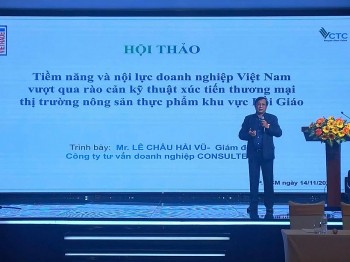 | Conference Discusses Vietnam's Potential in Supplying Halal Food Experts emphasized Vietnam's potential in the Halal product import and export market during a workshop on Halal food trade promotion. The event was organized by ... |
Recommended
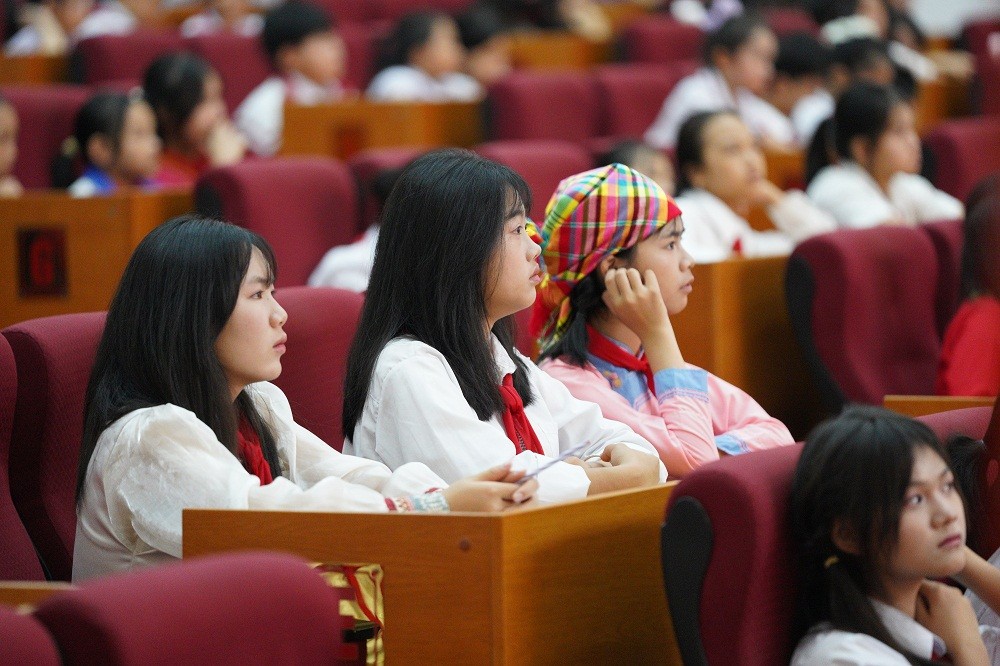 Viet's Home
Viet's Home
Lai Chau National Assembly, People's Council Delegates Hold Dialogue with Children
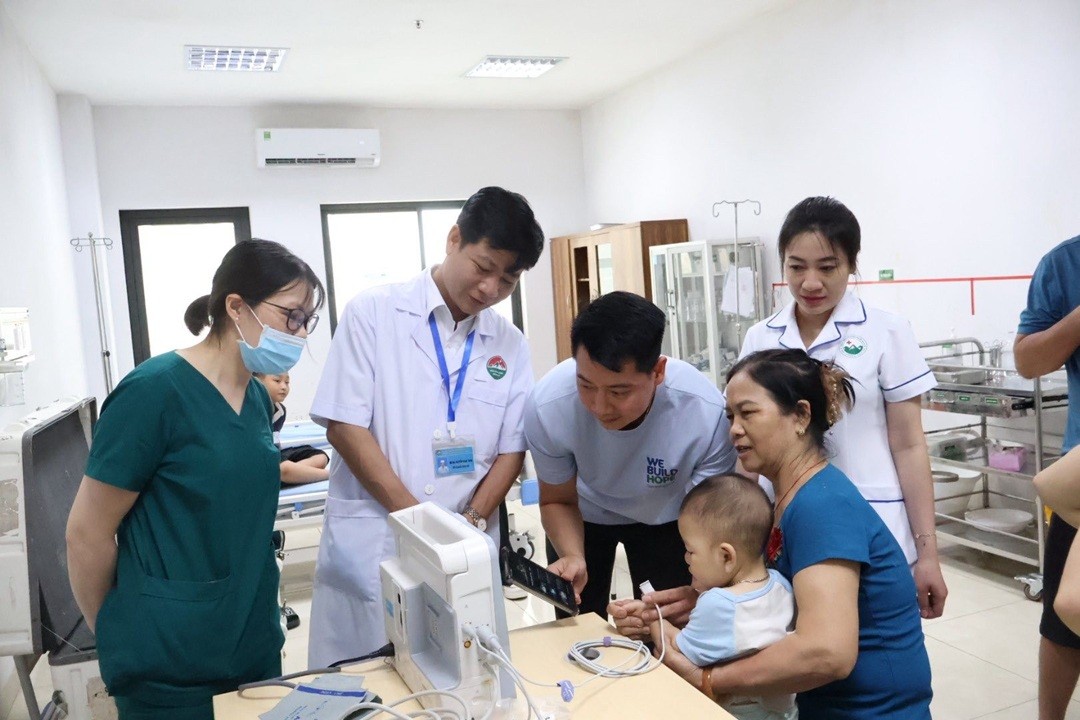 Viet's Home
Viet's Home
24 Children with Disabilities in Northern Provinces Received Free Surgery
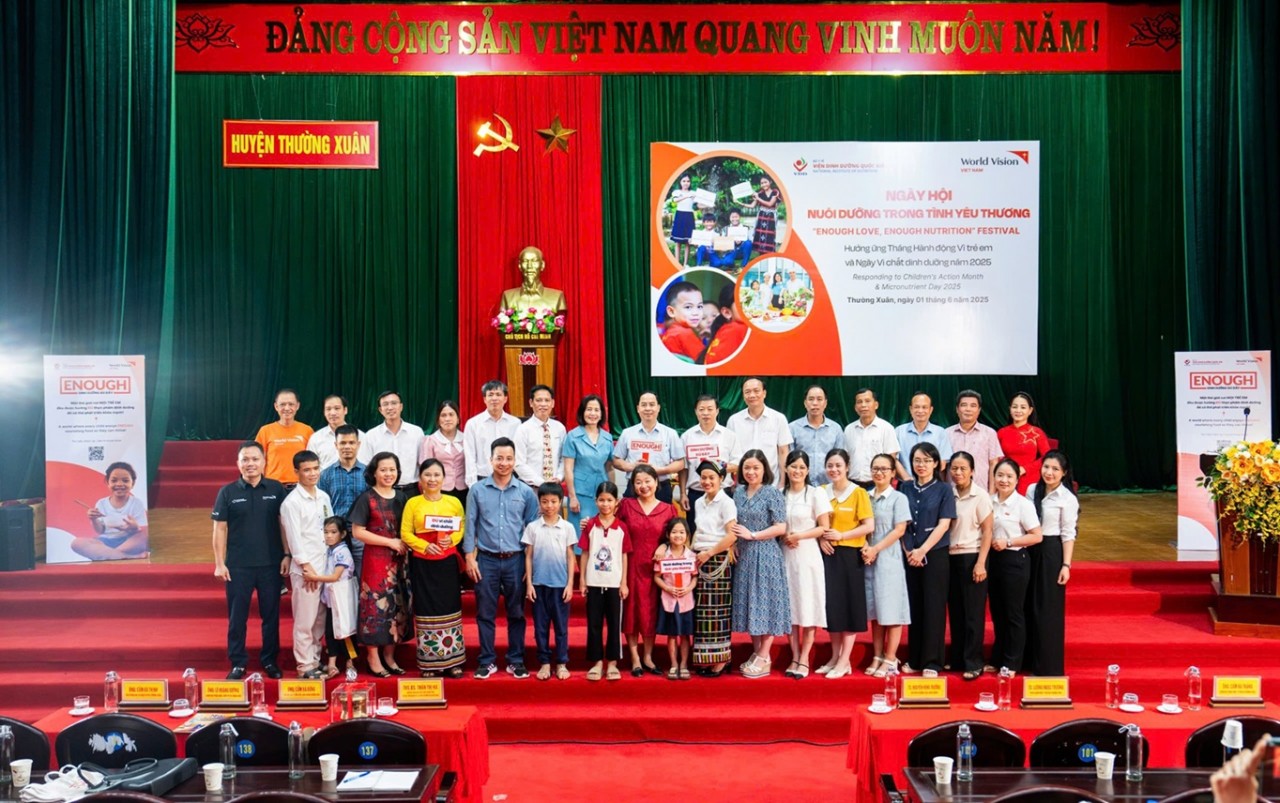 Viet's Home
Viet's Home
World Vision Promotes Comprehensive Nutritional Care for Vietnamese Children
 Viet's Home
Viet's Home
Hanoi, South Africa Strengthens People-to-people Exchanges, Expands Multi-sector Cooperation
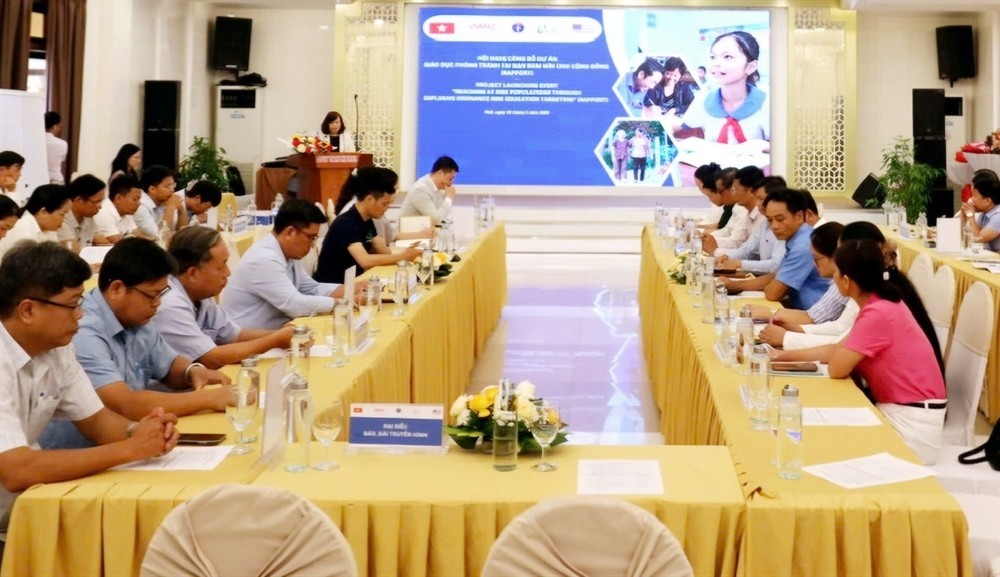 Viet's Home
Viet's Home
Hue City to Raise Awareness on Mine Accident Prevention
 Focus
Focus
Vietnam Leaves Imprints on the World Peacekeeping Map
 Viet's Home
Viet's Home
“Global Vietnamese Singing 2025” - Connecting Hearts Longing for Homeland
 Viet's Home
Viet's Home

